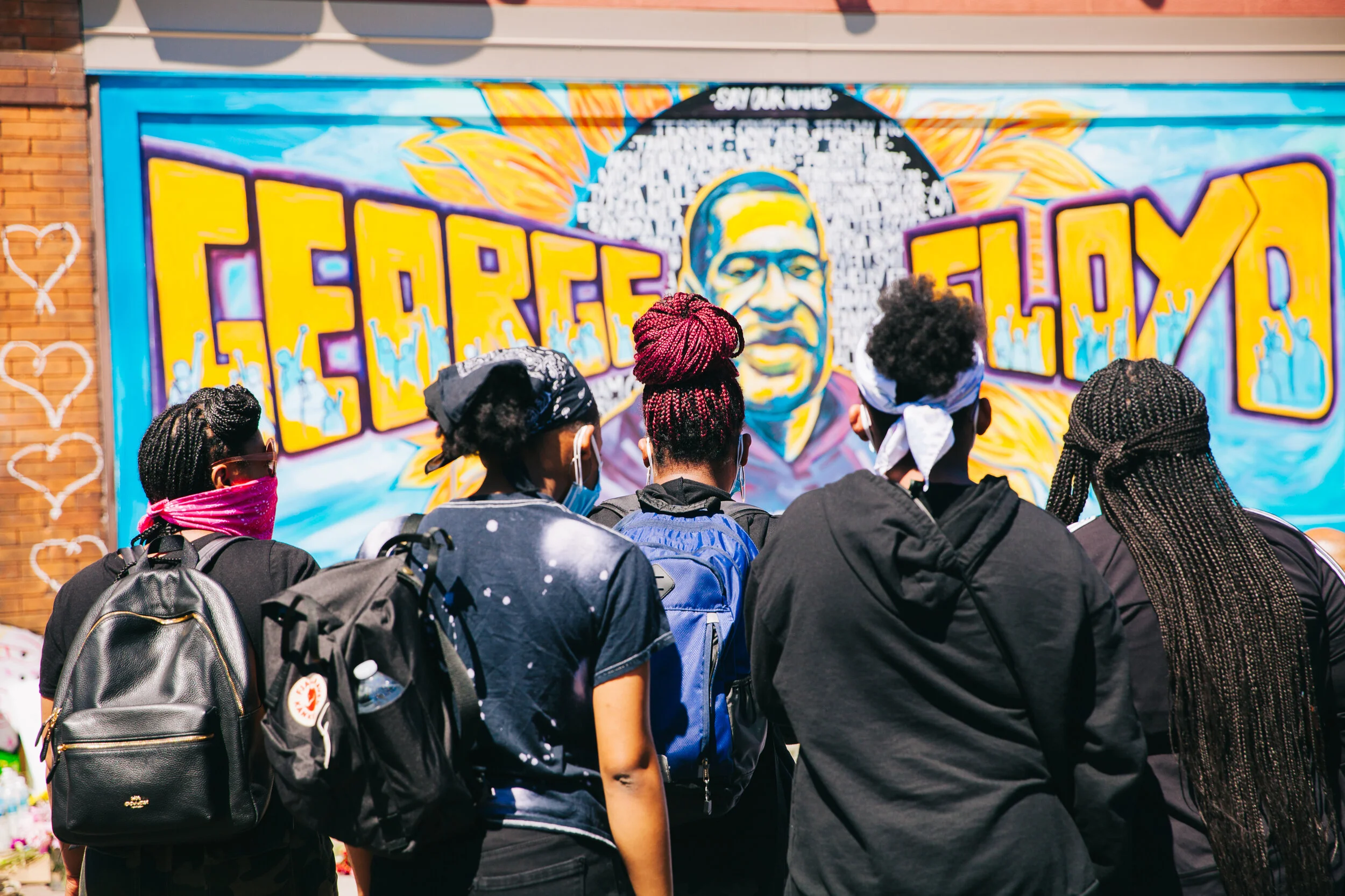"It's Right to Help Out." How Are Funders Mobilizing to Counter Hate?
/One of the most disturbing aspects of Donald Trump's election in November is that it was followed by a sharp upward spike in hate incidents that created a climate of fear for many in the U.S. Such incidents include a spate of threats to Jewish community centers and the toppling of tombstones in Jewish cemeteries.
Funders are paying attention—and responding.
Not long after the election, OSF rolled out a $10 million rapid response initiative to support those targeted by hateful rhetoric. At the time, OSF president Christopher Stone told Inside Philanthropy that the foundation aimed to empower a national movement around “human rights, equality, the rule of law, and an inclusive society” over the coming months and years. That meant working not only on the national level, but also scoping out how to support local anti-hate organizations on the ground.
This work has progressed quickly since OSF's initial announcement. The rapid response initiative has awarded 48 grants to local anti-hate organizations through a streamlined review process. With OSF backing, the Leadership Conference Education Fund and the Lawyers’ Committee for Civil Rights Under Law also established a national database, Communities Against Hate (CAH), to document hate incidents and connect victims to support services, primarily of a legal nature. A hotline, 1-844-9-NO-HATE, now accepts new incident reports. Organizations also involved in this initiative include the Center for Community Change, the Genders & Sexualities Alliance Network, Hollaback!, Muslim Advocates, the National Council of La Raza, and the Transgender Law Center. The Southern Poverty Law Center also advises the initiative.
CAH only recently launched, and the initiative acknowledges that it can only show a fraction of the nation’s hate incidents. But the model, linking incident reporting with direct responses, is quite new. Building new partnerships: This may be just the kind of local human rights network Stone was talking about last year.
It's a good bet that OSF will do more grantmaking to counter hate and extremism this year, as well as opposing Trump's agenda more broadly. Back in December, we predicted that this funder would be at the very forefront of philanthropy’s efforts to resist Trump. After all, the new administration’s priorities clash with OSF on criminal justice reform, LGBTQ rights, immigration, and more. Known for funding human rights campaigns around the world, and already working to counter surging right-wing populism in Europe, OSF now faces a rising crop of challenges in its own backyard. No U.S. foundation is more aware that nations can move down an authoritarian path—or more experienced in fighting that trend.
Related:
- Can Love Still Trump Hate? This Foundation Hopes So, and It's Opening the Spigot
- Philanthropy vs. Tyranny: Inside the Open Society Foundations' Biggest Battle Yet
Meanwhile, other major funders are also ramping up to fight hate. Last week, we reported on a grant by the Omidyar Network to provide seed funding to the Anti-Defamation League for a center in Silicon Valley that will help digital companies reduce "cyberhate," such as attacks and intimidation on social media.
As we've reported, few top philanthropists seem more incensed by Trump's rise than Pierre Omidyar, who's been tweeting up a storm of outrage for months. As with OSF, keep a close eye on this funder for more major moves to counter extremism and Trump's agenda. Just yesterday, for example, two Omidyar-backed groups, the Democracy Fund and First Look Media, announced $12 million in grants to bolster nonprofit media.
Related: Sick of Online Hate? So Is This Billionaire Philanthropist
And then there's Craig Newmark, the founder of Craigslist, who's lately emerged as an activist philanthropist, as we've been reporting. Earlier this year, the Craig Newmark Foundation gave $1 million to the Poynter Institute to combat "fake news." A few weeks ago, it gave $1 million to ProPublica, the nonprofit group that produces investigative journalism in the public interest. More recently, the foundation awarded $100,000 to bolster the work of the ADL's Incident Response Center.
With 27 regional offices across the U.S., the league tracks and responds to hatred directed against all minorities. In February, the ADL reported a rise in anti-Semitic incidents after November's election. "We’ve never seen anything like this before," said Oren Segal, director of the ADL’s Center on Extremism.
Newmark's funding will go toward upgrading and modernizing ADL’s technical capabilities, centralizing incident intake and analysis, and enhancing intelligence gathering and distribution.
Commenting on Newmark's gift, CEO Jonathan Greenblatt didn't mince words. "We are extremely concerned about an increase in hate crimes and harassment against Jews, Muslims, African Americans, and LGBTQ communities."
Newmark himself had this to say: "ADL stands up to offer protection from bigotry and hate. If you believe in treating people like you want to be treated, it's right to help out," he said.
There are other funders who are making new grants to counter hate beyond OSF, Omidyar, and Craig Newmark. Quite a few local efforts are underway, as we've been reporting. Expect more to come.







































